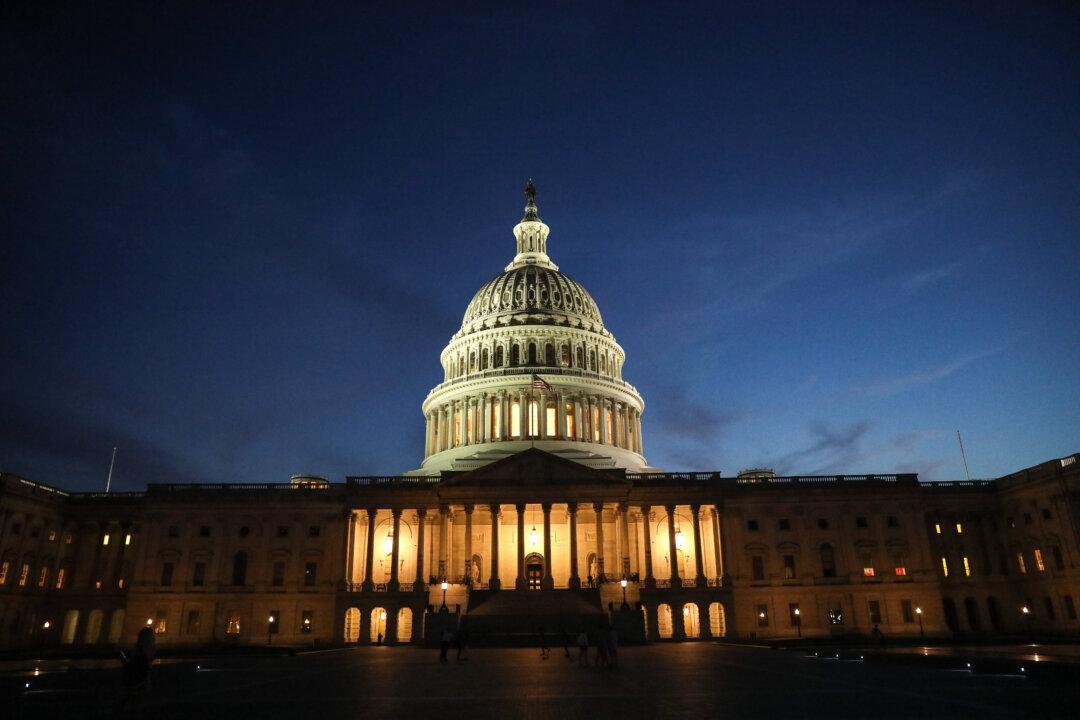Commentary
The recent tragedies in El Paso, Texas, and Dayton, Ohio, have once again brought the Second Amendment and gun laws into the spotlight.


The recent tragedies in El Paso, Texas, and Dayton, Ohio, have once again brought the Second Amendment and gun laws into the spotlight.